Search Results
Showing results 41 to 60 of 191

Does Size Make a Difference?
Source Institutions
In this activity on page 15 of the PDF, discover how materials and physical forces behave differently at the nanoscale.
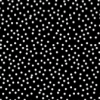
Invisible Sunblock
Source Institutions
This is a hands-on activity exploring how nanoscale particles are used in mineral sunblocks to increase their transparency.

Life Size: What's in a microbe?
Source Institutions
In this activity on page 3 of the PDF, learners visualize the relative size and structural differences between microbes that have the potential to cause disease.

Scale Models
Source Institutions
In this activity, learners explore the relative sizes and distances of objects in the solar system.
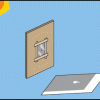
Finding the Size of the Sun and Moon
Source Institutions
In this activity, learners build a simple pinhole viewer. They use this apparatus to project images from a variety of light sources, including a candle, the Sun, and the Moon.
Size Them Up: Learning About Volume and Capacity
Source Institutions
In this activity, learners will put a set of containers in order by capacity. Would the tallest container hold more or less water than the wide, short one?
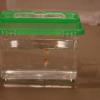
Fish Features and Habitats
Source Institutions
In this activity, learners observe live fish in tanks to consider how their body structures are related to their behaviors and habitats.

Separation Anxiety
Source Institutions
In this activity, learners discover the primary physical properties used to separate pure substances from mixtures.

Smelly Balloons
Source Institutions
In this activity, learners sniff out scents hidden in balloons! After investigating, learners discover we sometimes can use another sense (smell) to detect things too small to see.

Pupil
Source Institutions
In this activity, learners explore their eye pupils and how they change.

The Thousand-Yard Model
Source Institutions
This is a classic exercise for visualizing the scale of the Solar System.

Exploring Forces: Gravity
Source Institutions
In this nanoscience activity, learners discover that it's easy to pour water out of a regular-sized cup, but not out of a miniature cup.
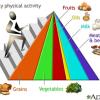
In Proportion
Source Institutions
Through this nutrition activity (page 5 of the PDF), learners will understand—and probably be surprised by—how big serving sizes of various foods should be.
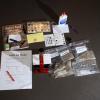
Sand Activity
Source Institutions
In this activity, learners observe mixtures of sand samples glued to note cards, and consider how sand can differ in size, shape, and color, and where it comes from.
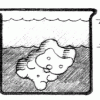
Gummy Growth
Source Institutions
In this activity related to Archimedes' Principle, learners use water displacement to compare the volume of an expanded gummy bear with a gummy bear in its original condition.
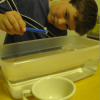
Shrinking Cups
Source Institutions
This is a quick activity (on page 2 of the PDF under Gecko Feet Activity) about the forces of gravity and surface tension and how their behavior is influenced by size.
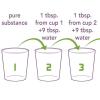
Sniffing for a Billionth
Source Institutions
This is an activity (located on page 4 of the PDF under What's Nano? Activity) about size and scale.
Team Up: Fun With Division
Source Institutions
In this activity, learners will divide into teams or groups of equal size. “How many teams of three can we make?” “We need an equal number of children at each of the four computers.
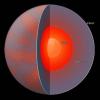
Heavyweight Champion: Jupiter
Source Institutions
In this activity, learners confront their perceptions of gravity in the solar system.
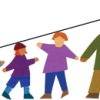
Line Up: Using Math To Stand In Line
Source Institutions
Put math of measurement into lining up — and make waiting in line fun. Choose a size characteristic that learners can physically compare, such as foot length or hair length.
